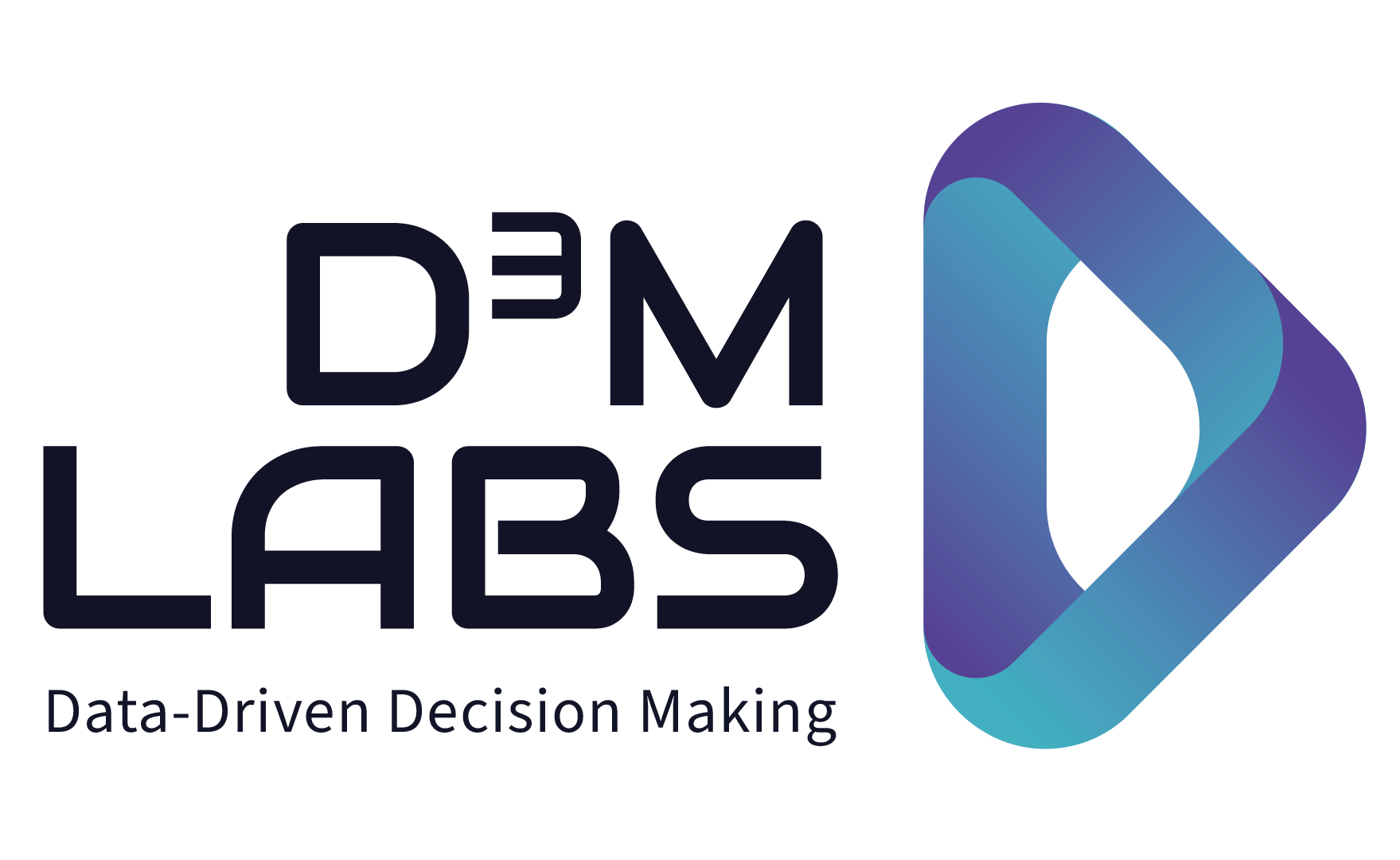How to manage the data science product, a D3M Labs Series.
Data science is moving from R&D into products – both online and off. Managing data products requires…
Data is about business- an interview with Tristan J Burns
The Future of the Analyst, Part 3: Data is about business, strategy and revenue generation. Tristan J Burns shares his transition from banking to being a data leader. Tristan details how he sees the role of a data leader encompassing EQ (emotional intelligence) and enabling the data team to drive strategy and data-driven decision making. The interview also includes how data leaders should be measured and which C-Suite roles they should fill.
From analyst to CEO – an interview with Alfredo Carreras
Future of the Analyst, Part 2: Despite their geeky reputation, analysts often enjoy working cross-functionally, guiding data-driven decision making. According to a recent D3M Labs Poll, many of them have C-Suite ambitions. Alfredo talks about his journey from analytics to the C-Suite. He explains how a background in analytics is good training ground for data-driven CEOs. He also talks about what analysts need to learn to get the top job and excel.
Elevating the analyst – an interview with João Sousa
The Future of the Analyst, Part 1: The gap between analytics and impact can be filled with business acumen and empowerment. João Sousa talks about his journey as an analytics practitioner to McKinsey and into diagnostic analytics at a vendor. Knowing the why, understanding the root cause, is the key to driving more business value with data. The root cause and how to change something is the real way to create business impact.
Die Zukunft des Analysten
In der dreiteiligen Serie, “Die Zukunft des Analysten” wird untersucht, wie sich diese wichtige Rolle weiterentwickeln wird. Wie sieht die Zukunft der sichtbarsten Rolle in der Analytik aus, die für die Bereitstellung von Erkenntnissen verantwortlich ist? Was ist die Zukunft des Analysten?
The future of the analyst
This week D3M Labs releases the 3 part series: „The Future of the Analyst.“ Is the role of the analyst endangered? What is the future of the most visible role in analytics, and the one responsible for delivering the insight? What is the future of the analyst?
Fall in love with the problem, not the data – an interview with Mor Eini
Mor Eini’s career started in the Israeli Defense Force in the Office of the Prime Minister and took her to the VC ecosystem in Berlin. Mor Eini from APX, which is an early stage investor, explains how she evaluates a startup’s use of data. Mor also talks about the Israeli and Berlin ecosystems. She also shares her insights as a B2B investor on how data is a tool to create, foster, accelerate innovation, but data is not the innovation.
Tackling machine learning enemy #1, poor data quality – an interview with Sahar Changuel, PhD
Data quality is a business problem, as well as a tech problem. It is the biggest enemy of data-driven business and machine learning. Bad quality data can block or render a data project or machine learning use case unusable and thus a waste of money, human resources and time. Tackling data quality needs to be a targeted, systemic and ongoing, rather than a huge, one time cathartic event.
Building defensibility with Data Moats – an interview with Raúl Berganza Gómez
Competitive advantages enable your business to be successful. Defensibility is what you need to keep that competitive advantage. Data Moats leverage data to create parts of your business that are hard for competitors to replicate. In an open source, fast-moving digital world, building a deep moat gives your business the margin and time to maintain competitiveness.
Growing the AI Guild – An interview with Dânia Meira, Co-Founder and Director of the AI Guild
The AI Guild has become a brand synonymous with AI thought leadership and expertise in the Berlin Tech Scene and beyond. Immigration, integration, sharing personal challenges and working together towards professional growth are all elements of the human story behind the technology that are talked about in this interview and retrospective.









